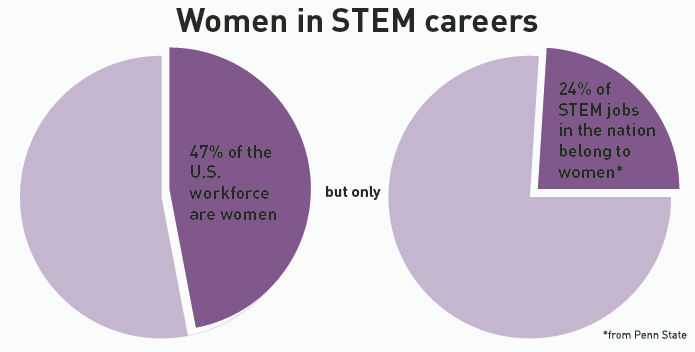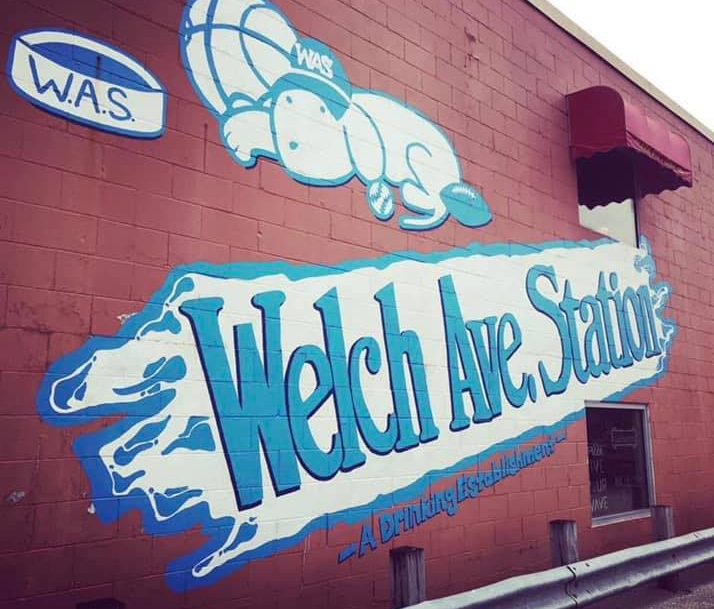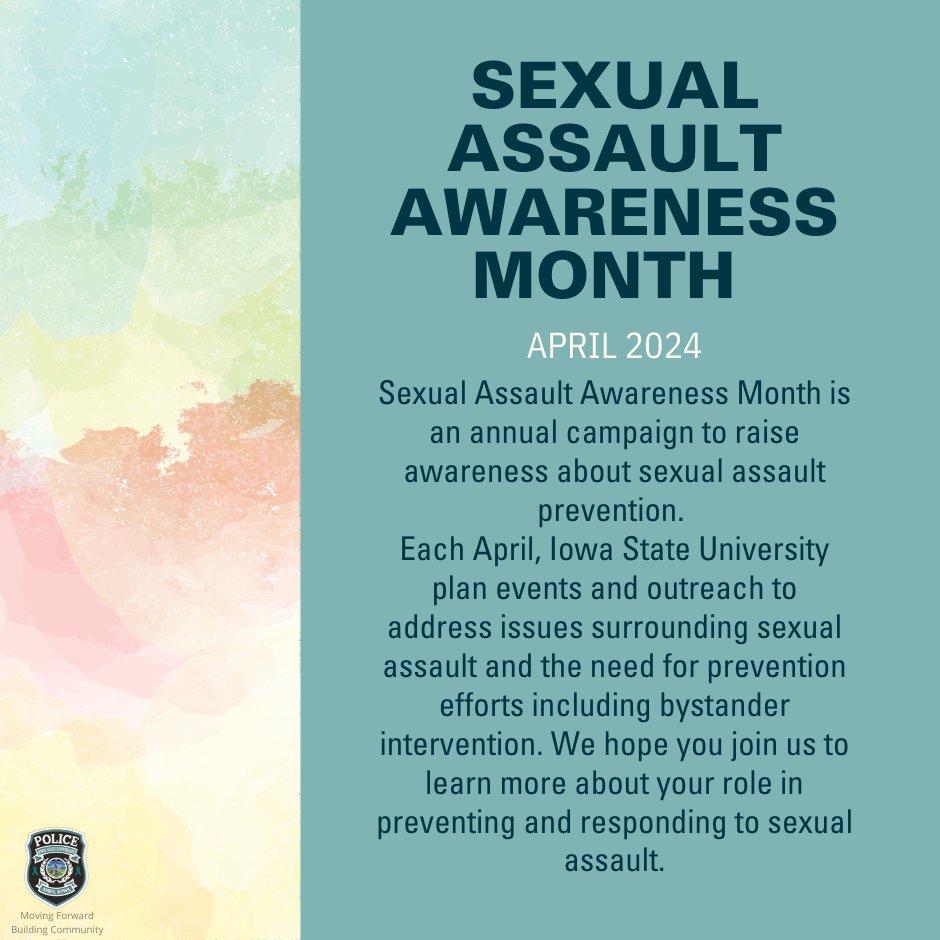How to be prepared for your career fair
Chris Jorgensen/Iowa State Daily
Over 400 companies set up in Hilton Coliseum as part of the Engineering Career Fair on Sept. 19. The fair offered an opportunity for students to meet industry professionals and find potential future employers.
February 5, 2018
Career fairs are in full swing for the spring semester at Iowa State, and it’s important to be prepared and put yourself in the best position for possible employers.
The Spring CALS Career Day for the College of Agriculture and Life Sciences was on Jan. 31, and the colleges of Engineering, Liberal Arts and Sciences, Human Sciences and Business will have career fairs this week.
The College of Engineering’s career fair will be Tuesday from 12 p.m. to 6 p.m. in Hilton Coliseum and the Scheman Building. Over 340 employers will be present.
The College of Liberal Arts and Sciences, College of Human Sciences and the College of Business career fairs will be Wednesday. The College of Liberal Arts and Sciences and College of Human Sciences’ People to People career fair will take place from 12 p.m. to 6 p.m. in the Scheman building.
The College of Business’ Business, Industry and Technology career fair will be Wednesday from 12 p.m. to 6 p.m in Hilton Coliseum.
For each of these career fairs, you can look at which employers will be present on CyHire.
Taren Crow, the director of Career Services for the College of Liberal Arts and Sciences, shared some tips for making the most out of these events.
-
Networking
-
Networking is really just making friends and maintaining a positive reputation. If you think of it that way, it’s not so bad! Networking can happen anywhere, it doesn’t have to be a formal event.
-
Avoid being negative or dumping your problems on others while networking. Also, don’t wait until you need an internship or job to start. You should be constantly building your network and you can use tools like LinkedIn to keep track of your connections and touch base a few times a year.
-
Interviews
-
Before an interview, research the employer and review the description of the position you’re applying for. Practice common interview questions and come up with examples from your previous experiences to demonstrate how you handle situations. Get a mock interview from your career services office!
-
It sometimes helps students feel less nervous about interviews when they realize that this is also an opportunity for them to see if they click with the organization and will also get to ask a few questions (not about pay or vacation). Just as the employer is testing if you are a good fit for them, you should also be observant and make sure it’s a good fit for you.
-
Send a ‘thank you’ email or note within 24 hours after an interview. Reiterate your interest in the employer, reference something specific from your conversation and thank them for taking the time to interview you.
-
Cover letters
-
To get started on a cover letter, review the position description and find a few experiences or skills they are looking for that you have. Focus your letter around those. They should be able to tell you read the position description by reading your cover letter.
-
Don’t put irrelevant information in a cover letter. Go back to the position description for ideas regarding what to write about.
-
In a cover letter, don’t reiterate your resume in paragraph form, use the same cover letter for every application or write about what you want from the position instead of what you have to offer.
-
Resumes
-
A resume should be a summary of your education, experience and skills. You can include internships, part-time jobs, volunteer experiences and campus and community involvement, to name a few things.
-
An objective on a resume is optional. If you do choose to include one, be sure it emphasizes what you can do for the employer, not what you want to gain from the experience.
-
If your GPA is higher than what the employer is looking for, then absolutely list it on your resume. If not, visit with your career services office to discuss what might be the best strategy for you.
-
Avoid using a template on a resume! You do know you’re all choosing the same one, right?
















